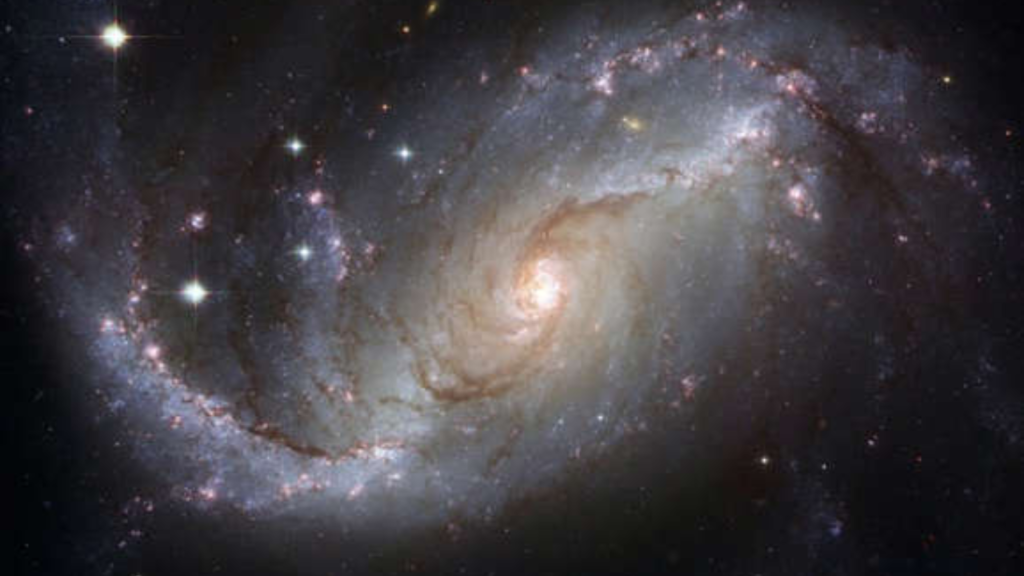
For centuries, death has been seen as the end of life—a permanent conclusion to our existence. From a biological standpoint, our bodies cease to function, and eventually, we return to the earth.
However, what if death isn’t the final chapter? What if it’s not even real? According to quantum physics, death may not exist in the way we traditionally perceive it.
This mind-bending theory suggests that death could be an illusion, shaped by our consciousness and the way we understand reality.
Concepts like biocentrism, quantum mechanics, and the idea of multiple universes challenge the conventional idea of life and death.
These theories propose that space, time, and even death might not be as fixed as we think. Let’s explore how quantum physics could reshape our view on death and existence.
Does Death Exist? According to Quantum Physics, It’s Just an Illusion
Quantum physics suggests that death, as we know it, might not truly exist. This revolutionary idea stems from biocentrism—a theory proposed by Dr. Robert Lanza.
It argues that life and consciousness are at the center of the universe, not mere byproducts of it. In essence, our awareness plays a key role in shaping reality.
Shocking! This Is Why You Should Never Throw Lithium Batteries in Your Trash Bin!
According to this theory, the separation between life and death becomes blurry. Traditional science teaches us that our bodies are made up of molecules that decay over time, leading to death.
But biocentrism challenges this, suggesting that our consciousness continues to exist beyond physical death.
So, if consciousness is eternal, is death just an illusion? Quantum physics, with its strange and often counterintuitive ideas, offers evidence that life and death may not be as separate as we think.
Consciousness Shapes Reality: The Role of the Observer
In quantum mechanics, the observer plays a crucial role in determining what is real. This is exemplified by the famous “two-slit experiment,” where particles behave differently when they are observed.
When observed, a particle goes through one slit; when it is not, it passes through both slits like a wave. This experiment demonstrates that reality is not set in stone but instead shaped by our awareness.
If reality changes based on observation, it raises questions about how real our experiences—including death—truly are.
Could death, as an experience, be influenced by our consciousness in the same way? If our awareness impacts the universe, then death may not be the absolute end but rather a shift in how we perceive existence.
The Timeless Nature of the Universe: What It Means for Death
Another fascinating idea in quantum physics is that time may not be a fixed concept. The universe, in its most fundamental form, may exist outside of time. If time itself is an illusion, then so is death.
In a timeless world, death loses its meaning because it relies on the passage of time. Recent experiments have shown that particles can communicate instantaneously, seemingly ignoring the boundaries of space and time.

This has led some scientists to propose that our understanding of life and death, based on a linear progression of time, is flawed.
If time doesn’t exist as we know it, then what we perceive as death may be merely a transition into another form of existence, one that exists beyond our current understanding of time.
Parallel Universes: Multiple Realities, Multiple Lives
The multiverse theory offers yet another fascinating perspective on life and death. In quantum mechanics, the “many-worlds” interpretation suggests that every possible outcome of any event occurs in its separate universe.
This means that in one universe, you might be alive, while in another, you might already be dead. If every possible outcome exists simultaneously, the concept of death becomes much more fluid.
You may die in one universe, but your consciousness could continue in another. This view aligns with the idea that death isn’t a one-time event but rather one possibility among many.
In this sense, death could be seen as an illusion—merely one potential outcome in a sea of infinite possibilities.
The Psychological and Philosophical Impact of Quantum Theories
Quantum physics doesn’t just challenge our understanding of the physical world—it also reshapes how we think about life and death on a personal level.
Many people fear death, seeing it as the end of their existence. But if death is merely an illusion, what does that mean for our emotional and psychological relationship with it?
Terror-management theory suggests that much of human behavior is driven by our fear of mortality. We seek comfort in beliefs that offer meaning beyond death, such as religion or legacy.
However, if quantum theories about the nature of life and death are correct, they may provide a new form of comfort—one rooted in science rather than faith.
If consciousness continues beyond the physical realm, perhaps there is nothing to fear after all.
Why Aren’t These Bagels Moldy? TikToker Raises Questions About Preservatives in Food!
The Future of Biocentrism and Quantum Consciousness
The theory of biocentrism remains controversial in the scientific community, but it continues to gain attention for its bold ideas.
Dr. Robert Lanza’s work has sparked a new conversation about life, death, and the role consciousness plays in shaping reality.
Critics argue that biocentrism lacks hard mathematical backing and veers too far into speculative territory. However, the ongoing exploration of consciousness in both quantum physics and neuroscience suggests that there is much more to learn.
As our understanding of the universe deepens, the line between life and death may blur even further. The future of biocentrism could change how we perceive not only death but existence itself.
